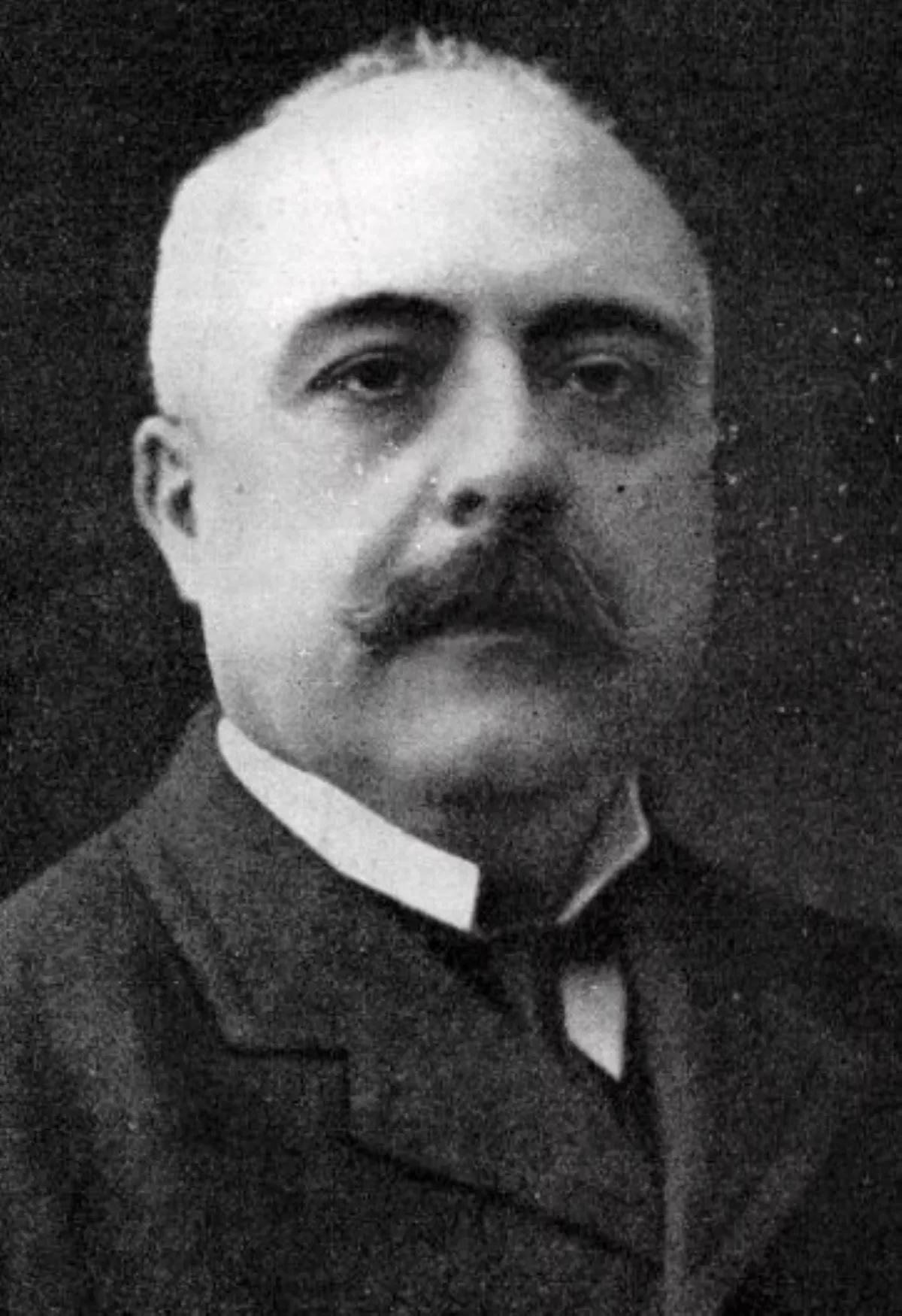 1.
1. Antonio Salandra ensured the entry of Italy in World War I on the side of the Triple Entente to fulfil Italy's irredentist claims.

 1.
1. Antonio Salandra ensured the entry of Italy in World War I on the side of the Triple Entente to fulfil Italy's irredentist claims.
Antonio Salandra was Minister of Agriculture in the conservative government of Luigi Pelloux and subsequently Minister of the Treasury and Italian Minister of Finance in the governments of Sidney Sonnino.
In March 1914, the conservative Salandra was brought into the national cabinet upon the fall of the government of Giovanni Giolitti, as the choice of Giolitti himself, who still commanded the support of most Italian parliamentarians.
Antonio Salandra's government was the most conservative one that Italy had seen for a long time.
At the outbreak of World War I in August 1914, Antonio Salandra declared that Italy would not commit its troops, maintaining that the Triple Alliance had only a defensive stance and Austria-Hungary had been the aggressor.
Antonio Salandra used the term "sacred egoism" to define Italy's outlook on which side Italy would enter the war.
Antonio Salandra began to think that victory for the Entente was in sight, and was so anxious not to arrive too late for a share in the profits that he instructed his envoy in London to drop some demands and reach agreement quickly.
On 13 May 1915, Antonio Salandra offered his resignation, but Giolitti, fearful of nationalist disorder that might break into open rebellion, declined to succeed him as prime minister and Antonio Salandra's resignation was not accepted.
Antonio Salandra had expected that Italy's entrance on the allied side would bring the war to a quick solution.
Antonio Salandra played no further role in the war but was a member of the Italian delegation to the Paris Peace Conference in 1919.
Antonio Salandra is the author of a considerable number of works on economics, finance, history, law, and politics.